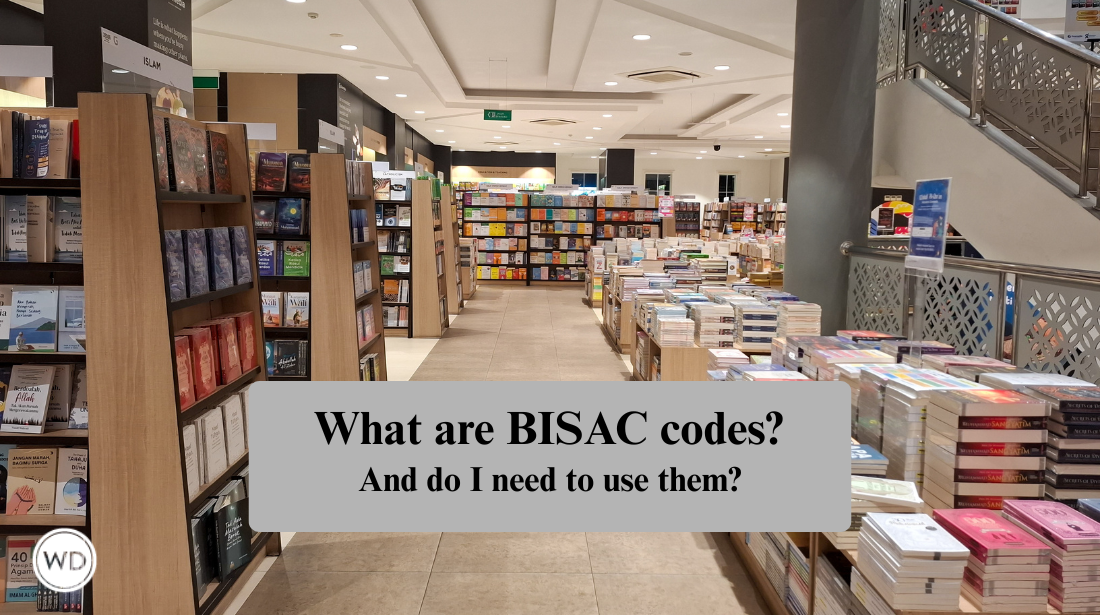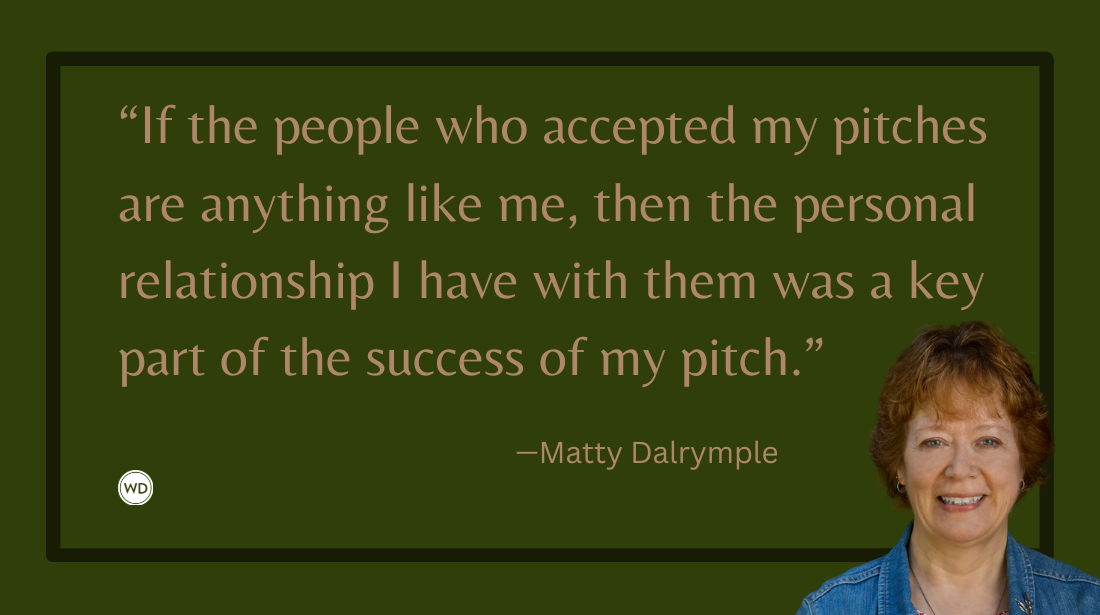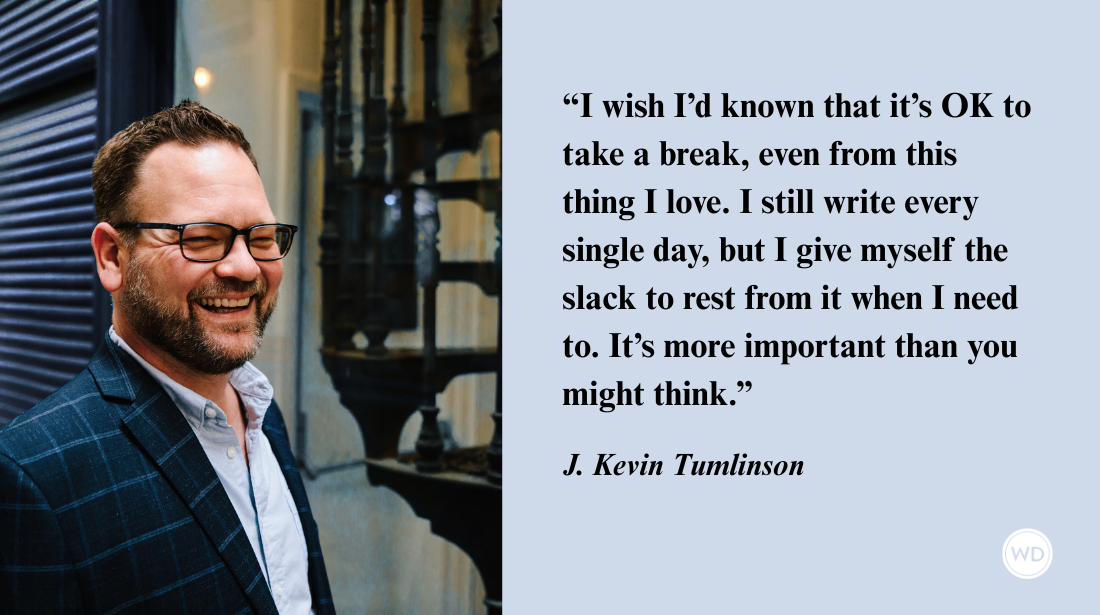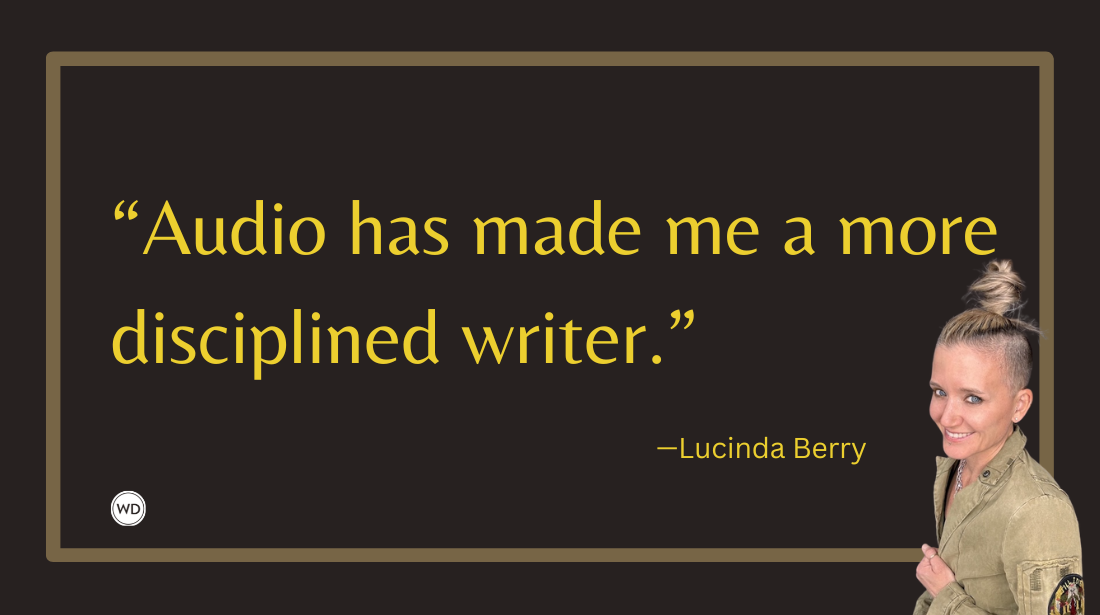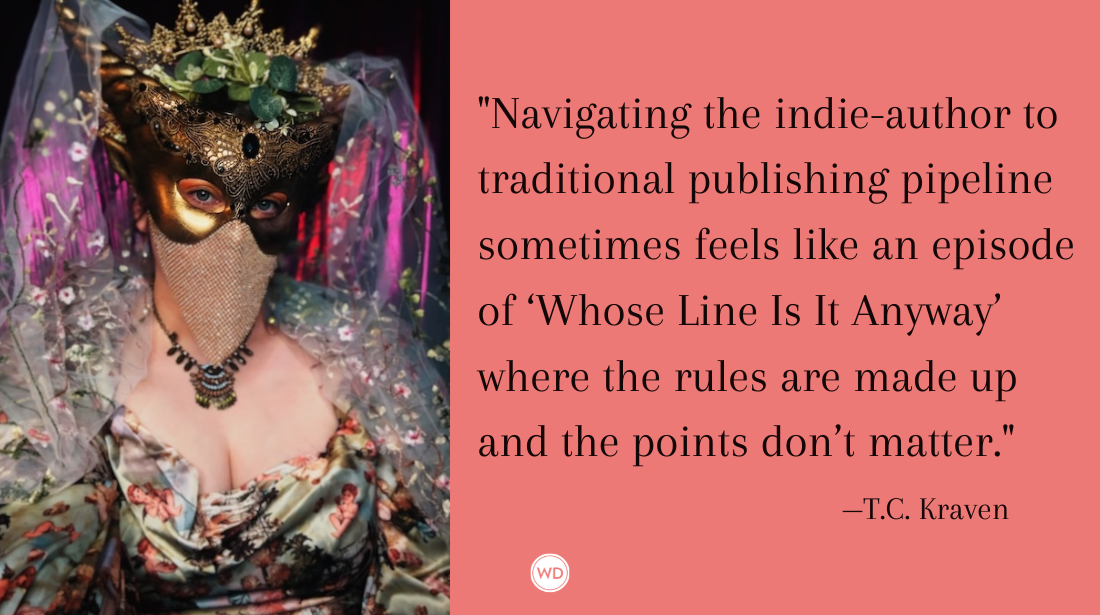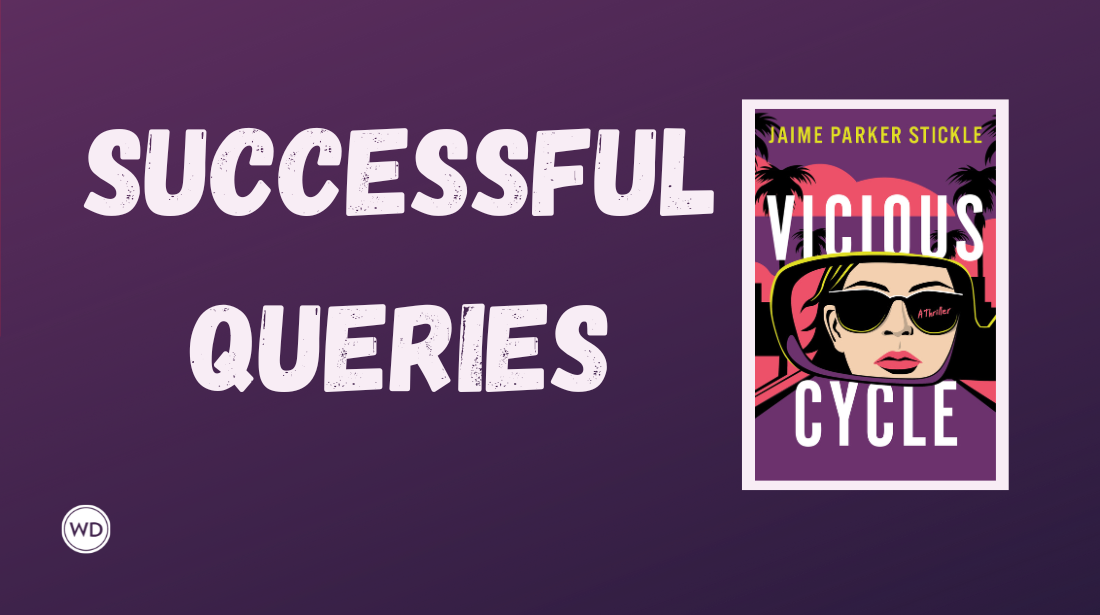4 Things to Consider When Researching Literary Agents
These tips will help you refine your search and put you in the best position to land the literary agent that is best suited to represent your work.
There are hundreds of reasons an agent will pass on your pitch—doesn't connect with your story, not currently looking for clients, reps thrillers and you submitted a romance, is a Red Sox fan and refuses to rep a Yankees fan, etc. Your goal is to find agents most suited toward your writing to minimize the reasons they will pass.
When I was ready to pitch OH BOY, YOU'RE HAVING A GIRL to agents, I didn't have time to waste. A publisher had approached me about taking the writing style of my blog and turning it into a book. Within weeks I had an offer (which was amazing!), but still, I needed help understanding and negotiating my rights.
I spent hours researching agents using Writer's Market and the Guide to Literary Agents and doing follow-up legwork on the Internet. I didn't have much time to waste, so I asked myself the questions below in order to narrow my search to find an agent whom I thought would be the best fit for me. You should ask these questions in your search too.
1. Is the agent accepting new clients?
Some agents are always accepting new clients. Others rarely take them on. Sometimes agents have windows—say, the month of September—where they are accepting submissions. It's important to consider this when angling for a particular agent. If the agent you want rarely takes on new clients, you must keep a close eye on when his or her window opens. When pitching OH BOY, I needed a fairly quick response (and being able to include "I have a contract offer" in the letter certainly helped the query get looked at more quickly than usual), so I could only pitch to agents who were currently looking for new clients. Didn't want to waste my time and efforts on agents who wouldn't be accepting queries until later in the year.
2. Does the agent rep your genre?
If you ask an agent what's the number one reason he or she rejects a query letter, most will say the same thing: The author pitched a genre that I don't represent. [Help others by sharing this important tip — Click here to Tweet it!] So my first order of business was to define my book. OH BOY fits into several categories: nonfiction, humor and parenting. When I set out to find an agent, I focused mainly on the nonfiction and humor angles. This narrowed my search, giving me an opportunity to examine each agent more thoroughly before shipping off my queries.
3. What is important to you in contract negotiations?
Contract negotiations are where agents excel. We all want big advances, sure, but what else in the contract is most important to you? Foreign rights? Free copies of your book? Holding on to your e-publishing rights? One of the most important assets I was looking for in an agent was knowledge of film and TV rights—and the ability to take those rights and shop them through his or her agency. While I have no idea if my work will ultimately translate into that medium—and I know selling those rights are a long shot—I do know that it does happen. By finding an agent and an agency with a track record for successfully handling these rights, I could rest confidently that I had given my work the best chance to find success.
4. Anything special that may connect an agent to your pitch?
One unusual thing I took into account when I was looking for an agent was whether or not the agent had young kids. The topic of my book is about the early years of raising daughters, and I thought an agent who was also a newer parent would relate better with my topic and writing style than ones who didn't (after all, an agent who has never changed a dirty diaper may not find the hilarity that can be found in changing dirty diapers). Keep this open-minded approach when creating a list of potential agents for your book. Does the agent have a connection to World War II (which is the setting of your novel)? Is the agent's favorite TV show "Game of Thrones" (and you're writing a unofficial guidebook for it)? While not always available, sometimes it is—and agents give it away in interviews and on social media outlets like Twitter.
Asking myself these questions and targeting the right people led me to the perfect agent for OH BOY: Tina Wexler, with ICM Partners. She represents nonfiction and humor, works for an agency that is well known for its TV/film development department, was accepting new clients and has a young son. After some email correspondence and one amazing phone call, it was clear that she was the agent for me (and, thankfully, she felt I was a fit with her as well). It was and is one of the best decisions I've ever made as a writer. Hands down.
Good luck with your agent search!
Thanks for visiting The Writer's Dig blog. For more great writing advice, click here.
Brian A. Klems is the editor of this blog, online editor of Writer's Digest and author of the popular gift bookOh Boy, You're Having a Girl: A Dad's Survival Guide to Raising Daughters.
Follow Brian on Twitter: @BrianKlems
Sign up for Brian's free Writer's Digest eNewsletter: WD Newsletter
Brian A. Klems is the former Senior Online Editor of Writer’s Digest, and author of Oh Boy, You’re Having a Girl (Adams Media/Simon & Schuster). Follow him on Twitter @BrianKlems.




